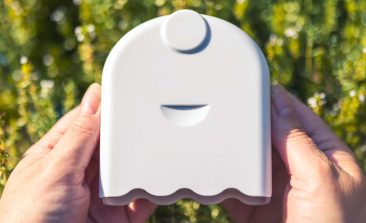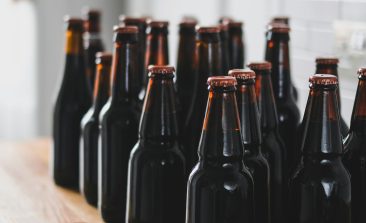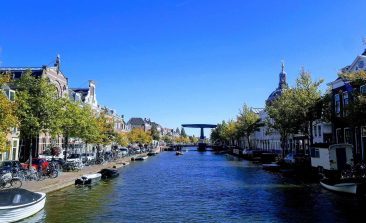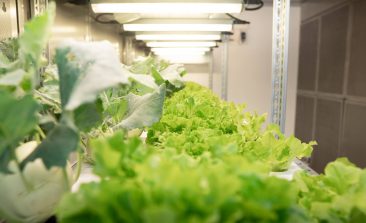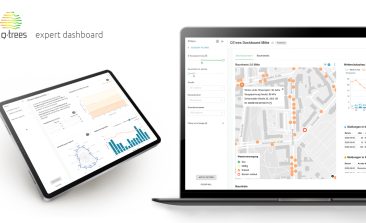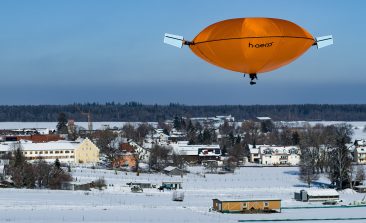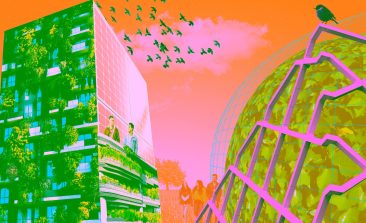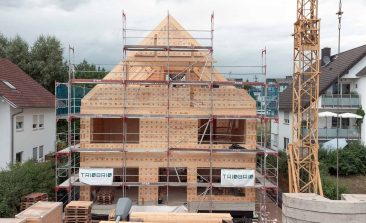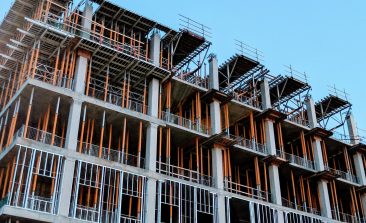Portable Sensor AirBeam Measures Air Quality—and Shares Its Open-Source Data
Are we really breathing clean air when we sit in our garden or local park? The portable measuring device AirBeam can answer this question—and thanks to its open-source data—also protects other people from the impact of air pollution.
Pfandgeben: Donate Bottles with Deposits to People in Need via an App
The PFANDGEBEN app helps people in need earn money through bottle refund schemes.
Fish Doorbell in Utrecht: Why Thousands of People Are Waiting for Fish on the Internet
Fish live more safely in Utrecht thanks to a fish doorbell. The project not only helps fish on their migration paths, it also draws attention to the dangers of human infrastructure.
Agriculture as a Cycle: Growing Produce With Nutrients From the SUSKULT Sewage Treatment Plant
With SUSKULT, plants don't need soil - they're fed by sewage treatment plants. This hydroponic system is breaking completely new ground.
Pilot Project QTrees Harnesses AI to Protect Berlin’s Urban Greenery Amid Climate Change
QTrees, a Berlin-based Machine Learning-assisted project, is hoping to protect the city's long-suffering urban trees.
This Helium-Powered “H-Aero” Drone Can Fly for 24 Hours
The "h-aero" is a cross between a drone and a zeppelin. It can stay in the air for up to 24 hours and enables completely new types of data collection.
How Can Digitalisation Help Decarbonise the Building Sector?
Major transformations are needed to achieve the climate targets in the building sector. Here we provide an overview of the role digital technologies play in the industry.
Giant Lego Made From Damaged Wood: How Triqbriq Could Revolutionise Timber Construction
What if there was a building material that was environmentally friendly, could be processed quickly and could also be completely deconstructed without leaving any residue? This idea is no longer utopian, as these new "briqs" prove.
Jenga Green Library: Transforming Kenya’s Construction Landscape with Sustainable Building Solutions
Awareness, affordability and accessibility to green building technologies have stymied the uptake of green building in Kenya. Jenga Green Library could make things easier.
